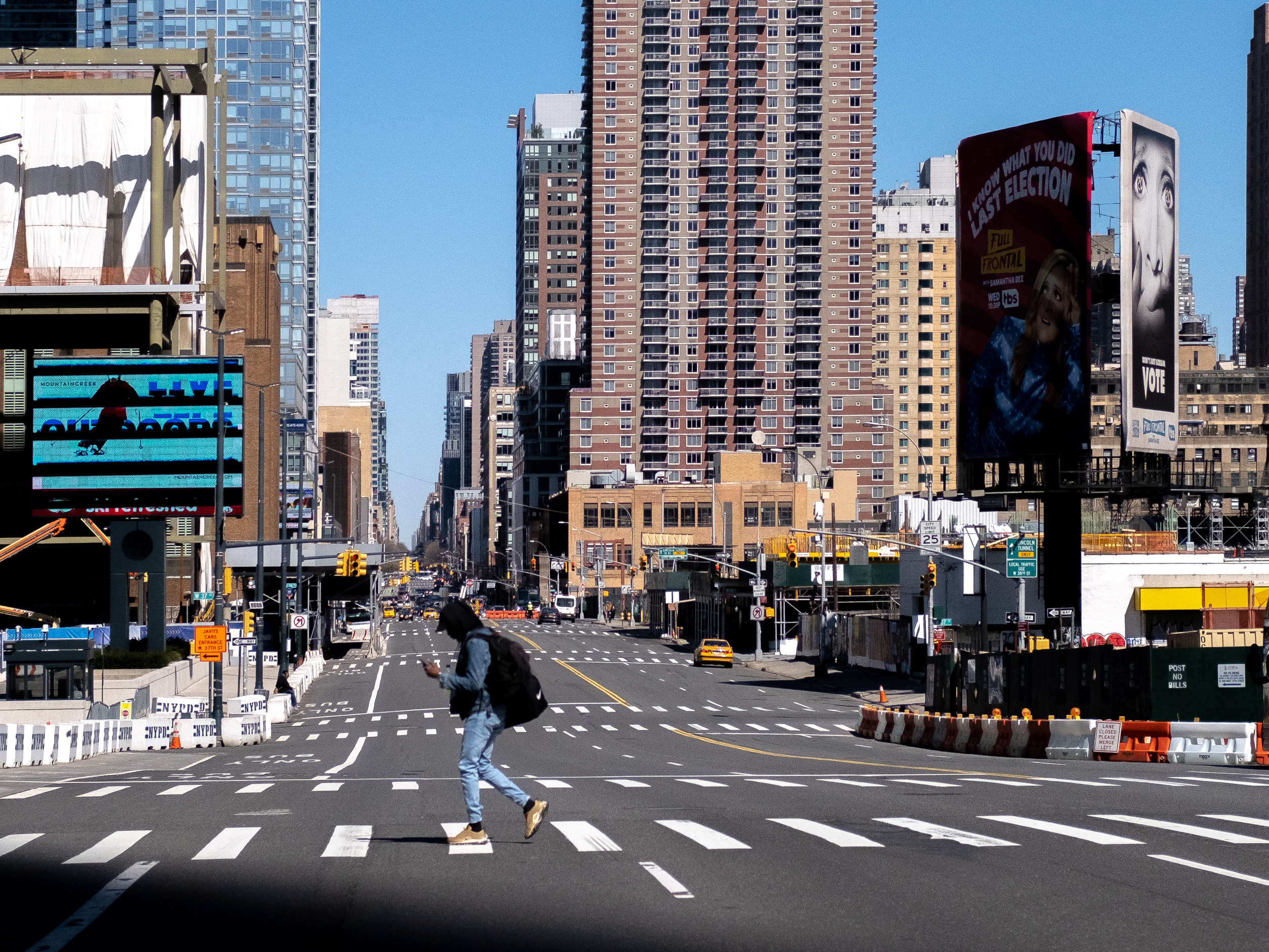- Over 30 states have now imposed restrictions on what businesses can stay open during the coronavirus outbreak.
- The exact definition of “essential” varies by location, but “nonessential” applies to most recreational businesses.
- Here’s a complete breakdown of which businesses are considered essential and which are considered nonessential.
- Visit Business Insider’s homepage for more stories.
As of Tuesday, 35 states as well as Puerto Rico, Guam, and Washington, DC, have ordered the closure of nonessential businesses amid the coronavirus outbreak.
But which businesses are considered essential and which are considered nonessential?
Technically, it’s up to cities and states to decide, but there are some businesses that all locales have deemed essential. The Department of Homeland Security has also issued a guidance on workers who are essential to infrastructure.
These include:
- Supermarkets and grocery stores
- Big-box stores
- Pharmacies
- Convenience stores and discount stores
- Garbage collection
- Healthcare operations
- Daycare centers
- Hardware stores
- Gas stations and auto-repair shops
- Banks
- Post offices and shipping businesses
- Veterinary clinics and pet stores
- Farmers' markets and food banks
- Businesses that provide necessities to shelters and economically disadvantaged people
- Educational institutions, for the purposes of facilitating distance learning
- Agriculture and food processing
- Warehousing, storage, and distribution
- Transportation, including airlines, taxis, rideshare programs, and vehicle rentals
- Businesses that allow essential businesses to operate
As cities and states continue to shut down their nonessential businesses, what is considered essential will likely vary based on the needs of each location. But businesses that people rely on in everyday life will largely remain open.
Nonessential businesses are generally recreational in nature. They don't provide groceries, health or financial support, or utilities. Restaurants fall in this category, but most locations have allowed restaurants to continue to operate as long as they close dining rooms and switch to exclusively take-out and delivery.
These are the businesses largely agreed to be nonessential:
- Theaters
- Gyms and recreation centers
- Salons and spas
- Museums
- Casinos and racetracks
- Shopping malls
- Bowling alleys
- Sporting and concert venues
These are businesses for which the category varies by region:
- Restaurants and bars
- Liquor stores
- Industrial manufacturing not related to essential function
- Construction
- Labor unions
- Marijuana dispensaries
- Gun stores
- Home office supply stores

